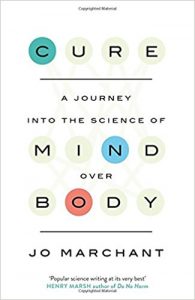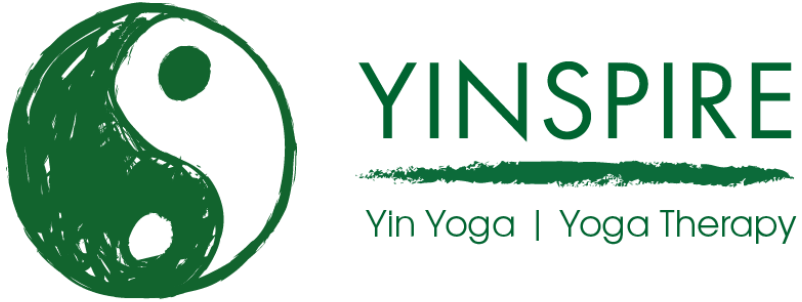 The author is a science journalist, and coming from a scientific background presents a scepticism about non conventional approaches to healing and wellbeing – there’s almost a paradox in the books title, can there be “Science” in mind/body therapies?
The author is a science journalist, and coming from a scientific background presents a scepticism about non conventional approaches to healing and wellbeing – there’s almost a paradox in the books title, can there be “Science” in mind/body therapies?
Unsurprisingly, I would say yes, but equally I’m the first to also connect with my inner sceptic and dismiss “woo woo”, whilst at the same time being aware that there is much we, from a perspective of western science, don’t know about how mind and body connect. The more I learn sometimes the more questions there are. Like many others I suspect, I navigate a thin line, and maybe not always a rational one.
We know – supported by research – that placebos quite often are as effective as a “proper” intervention; the social and family environment, along with responses to stress, can have a major effect on health, wellbeing and recovery; and mind training can promote both healing and wellbeing. What we don’t always know is why this is the case, and there isn’t necessarily an obvious physiological explanation, and as you dig into these areas, as I am want to do these days, you find many conflicting points of views, arguments and explanations. It’s good that mankind in the 21st century is still learning and discovering – pray God we never stop – but confusing for the person who just wants to be better.
In this book the author wanders through these issues. Placebos, evidence for and against, and ethics, and different approaches to placebo based healing – disclosed or not, imagery, the placebos psychological effect. Mental training for fatigue, chronic illness and pain – of interest to those of us with a sitting yoga practice and interested in the fields of mindfulness and meditation. How our environment and social interactions effect our health, from the way care is delivered, through our support networks and family structures. The impact of stress and the nervous system on health, and how these two issues interrelate. Faith healing and miracles – believing in healing – with a trip to Lourdes thrown in.
Its not all roses and sweetness. The author comes from a sceptical perspective and presents contradictory views as well. In one or two places, it may be that her scepticism has got the better of her, but I wouldn’t let that detract from her work; anyone interested in these areas will know there are countless views, and there comes a time when research gives way to experience. For example at one point about acupuncture and meridians the author writes, “Western scientists haven’t been able to find any evidence for these channels, and the data regarding the benefits of the therapy are debated” – I think there is enough evidence out there to support the existence of the meridians, not necessarily as something that can be found in dissecting a body, but as part of the functional communication systems we have (as this is a review, not an essay, I’m not going to cite references but I’m resting on the work of people like Dr Hiroshi Motoyama and Daniel Keown. Equally the authors description in the conclusion of a cringe worthy, and potentially psychologically dangerous Reiki session, on the one hand rightly identifies bad practice, but at the same time seems maybe to ignore the effects of a properly delivered Reiki session.
For anyone interested in health beyond popping a pill, this book is a useful read. There are bits you will disagree with and you may have some of your existing understandings challenged, undoubtedly you will learn some new perspectives as well.
I’d recommend this book to Yoga teachers, students and anyone else interested in these areas.
The book is available from Amazon, and if you use this link Yinspire earns a small commission (click through for the link, if you are reading this on a feed or social media).
